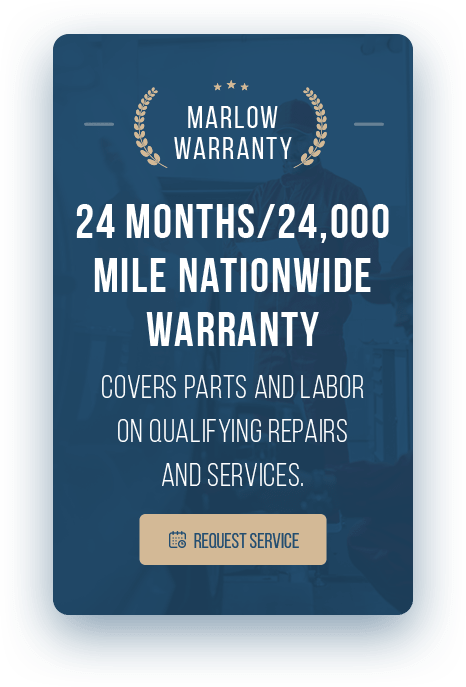Have you lately updated your brakes and noticed that they’re screeching strangely? Don’t be alarmed; it’s a rather typical occurrence. You’ve landed on the right page if you’re searching for solutions to why brand new brakes squeak.
- Most prevalent causes of squealing new brakes
Aren’t new breaks intended to make your ride smooth sailing rather than squeaky? While certain noises are normal after replacing brake pads, others can indicate a braking problem. Get the lowdown on what’s normal, what isn’t, and when it’s time to have your brakes inspected by an expert from Marlow Automotive auto shop Plano, Texas. We’ll explain all you need to know about screeching brakes in this article: - Damp brake rotors
Humidity on the rotors is among the most prevalent causes of new brakes squealing. When they become wet, they develop a thin film of rust on the outside. These fragments get trapped in the rotors when the pads begin to interact with them, causing a screeching sound. However, this does not linger long, and it should go away after a few hard stops. This isn’t something you can remedy because there’s no way of avoiding every splash of water, and avoiding driving on rainy days isn’t an option. - Lubrication deficiency
This is a specific cause of screeching brakes that only affects cars with a drum braking system and can occur on new or worn brakes. The shoes are pushed outwardly against the drum by the pistons. They may make a squeaking sound as they rub against the backplate if there isn’t adequate lubricant.
Replace the drum and lubricate the backing plate where the piston contacts the shoes with a minuscule portion of brake grease. - Worn out brake pads
While this isn’t true for new brakes, it can arise if you replace a caliper or rotor without replacing your brake pads. The pads brush against the rotor when they get too damaged or thin, causing a screeching sound. If this happens, you should change your brake pads at once or you might risk losing braking force.
A metal wear signal, often known as a brake wear indicator, is found on brake pads. When the brake pads wear down, this metal tab grinds on the brake disc, generating friction and brake screech. Before your braking rotors are damaged, you should repair your damaged brake pads. - Sticking caliper
A stuck caliper in a disc brake system could constantly squeeze each braking pad against the disc rotor, resulting in brake grinding. If the rotor disc comes in touch with a portion of the braking caliper, you may hear a harsh whirring noise. Meanwhile, brake grinding occurs when a jammed wheel cylinder repeatedly grinds the brake shoe against the drum in a drum brake system.
Call a Plano mechanic to replace the caliper and oil its slides if your car has a disc braking system. Greasing the interactions of the wheel cylinder is required for drum brakes. If this doesn’t work, these components may need to be changed. So, what else are you pondering? Schedule an appointment with Marlow Automotive for your automotive repair.
Call (972) 633-1299 or contact [email protected] to schedule your expert service.



